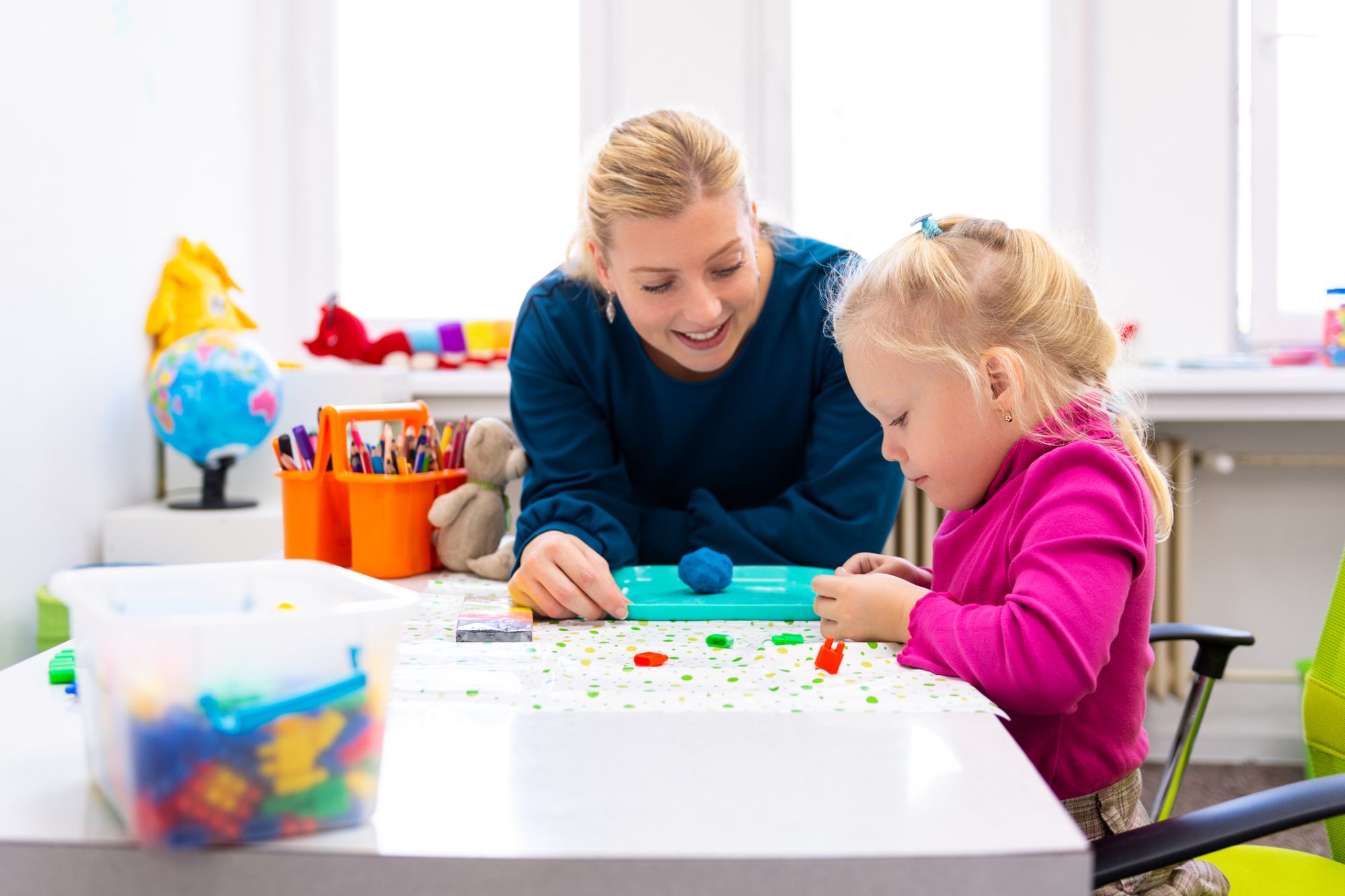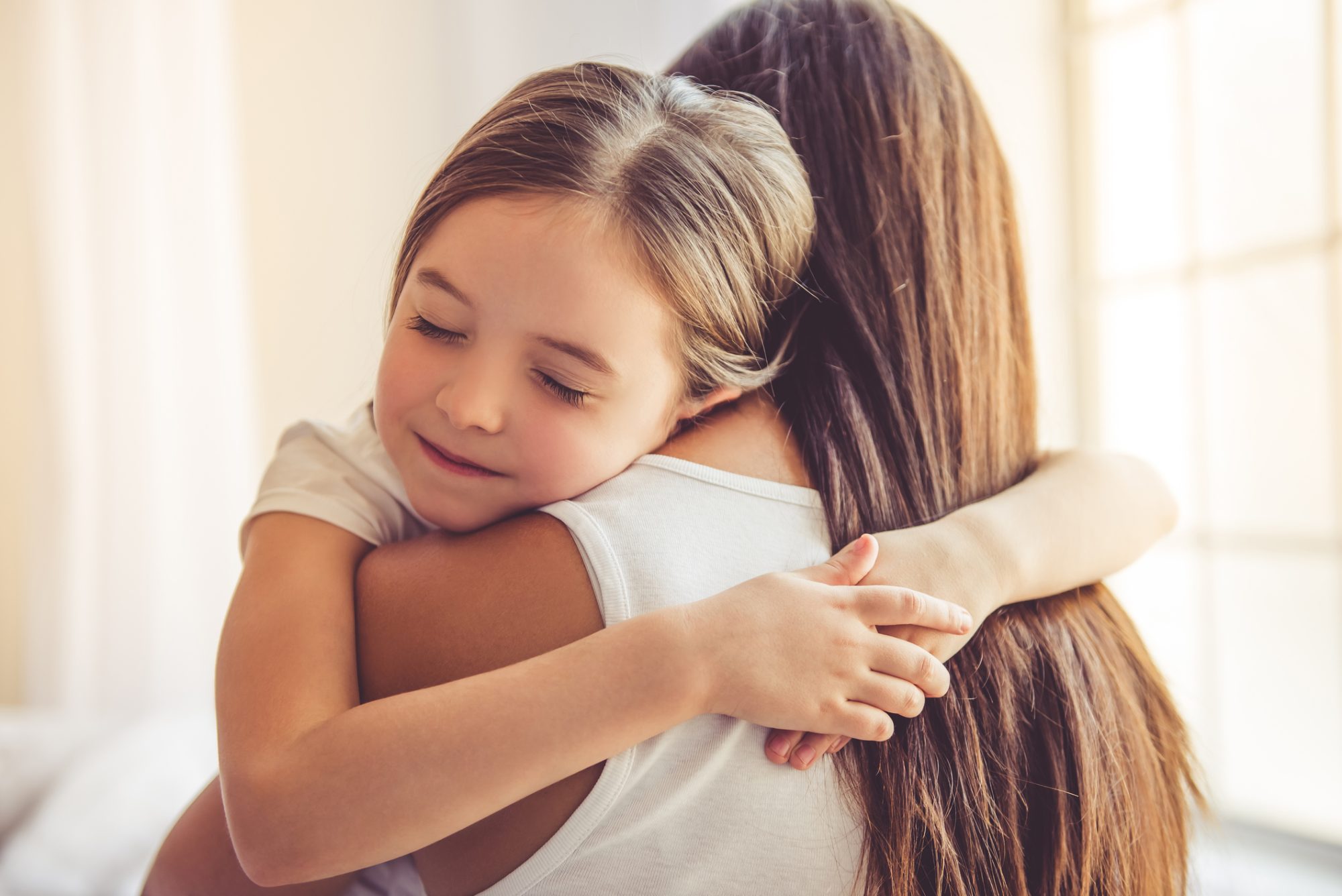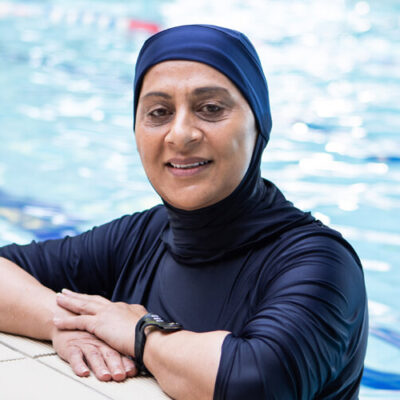
Opening Up a Conversation On Mental Health
by Coach Lindsay
A guide to helping your child open up about their mental health
Giving our children and young people opportunities to open up is one of the biggest things we can do as parents and carers to support their well-being. It can be easy to forget the simple power of sharing what we’re going through and feeling heard. But even though you can’t fix everything when your child is struggling, you can make them feel seen and understood, which can make them feel more able to cope.

Coach Lindsay
It also supports them to practice thinking and talking about their feelings, helping them to get to know themselves on a conscious level, what their needs are, and when those needs are not being met.
HOWEVER, TALKING ISN’T ALWAYS EASY, RIGHT? YOU MIGHT FEEL LIKE YOU DON’T KNOW WHERE TO START.
However, talking isn’t always easy, right? You might feel like you don’t know where to start, when a ‘good time’ is, or how your young person will react. Or, you might be worried about making things worse or saying the wrong thing. These are all normal worries, but remember that your child doesn’t need you to always get it right. They just need to know you’re there.
In my experience, most children and young people find talking easier while doing an activity. This takes the pressure off as they don’t have to sit and make eye contact, and mainly it makes the pauses and silences more comfortable for both of you.

Try an activity while talking
Having something in their hands or something practical to focus on can really help to make it easier for some children to think more clearly and reflect. Doing an activity together rather than having ‘the big chat’ makes your conversation more natural.
Here are some of my conversation starter top tips that encourage an open conversation:
- What was the best part of your day?
- What was the worst part of your day?
- What did you do today that made you proud?
- How are you feeling?
- What would you like to talk about?
If they are having a hard time, you could try and find out how they would like you to support them by asking gentle, soft questions like:
- How can I support you through this?
- Do you want to talk about what’s going on?
- Is there anything that you need from me? Space, time to talk?
- What was the biggest problem that you had today? What helped?

It’s important to reassure them that you are always there for them to talk to and that they can come to you anytime. To help encourage this, you could try saying things like:
- You can talk to me at any time.
- If you want to talk to me about something worrying you, I will do my best to help. Even if I don’t understand it, please know I want to.
- Even though it feels big to you, I can handle whatever you want to tell me.
- We are in this together, and I am right by your side.
- You can speak to someone else if you don’t want to talk to me. I won’t be upset.
To feel seen and heard is so important when a child or young person tells you that they are struggling, so when responding to them can help to:
- Validate their feelings. You could say, “It’s understandable that you are feeling this way,” to let them know that their feelings are okay.
- Always thank them for sharing what is going on.
- Let them know that you are there for them and love them. That they can talk to you anytime they need to and that you can help get them support if that is what they want.
- Ask if you could do anything that is particularly helpful right now.
- Spend time together exploring what’s making them feel this way.
- Inform them of any helplines or online chat services they can use.
- Remind them that this is only temporary, as is everything, and these big feelings won’t last. Reassure them that things get better and they will feel better in time.
- Try not to have conversations like these at times of distress. They will be in a flight, fight, or freeze state and will not be receptive to conversations like this.
If you think your child or young person needs professional support, a good place to start is your GP, and in some cases, it can be helpful to talk to their school or college about what support they can offer. You can always contact me on my social media pages if I can help.
Sending you all love and light,
Go gently on yourselves.
Coach Lindsay x

ColneLife Autumn 23




